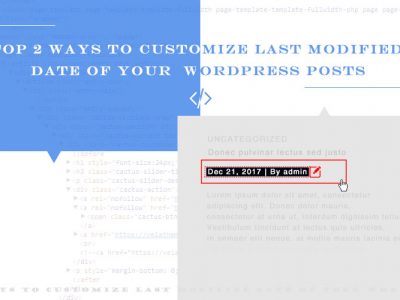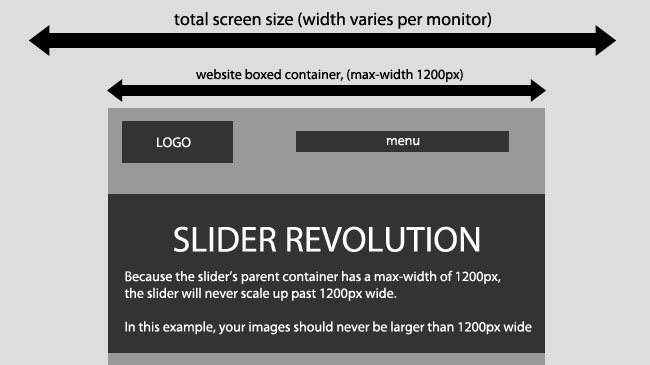
The King of WordPress SEO - Content
Apart from being the greatest of all SEO ranking signals, high quality content is, foremost, the lifeblood of your website.
A website without content is, well, no website. A website with poor quality content is like a blunt knife – it might do the job but you must exert more force. A website with stale content is dead both to search engines and human visitors. This I understand firsthand because, severally, I went long periods without posting on my own blog. The results? Lower user engagement and lost SEO rankings.
We just mentioned your content needs to be unique, valuable and relevant. What does this mean? First off, your content should be unique because search engines, more so Google, do not entertain plagiarism – or duplicate content. Your content should bring something fresh to the table – it should be unique if you want to rank well.
Without a doubt, you can pull out quotes from anywhere on the internet, but copy-pasting an entire page will only land you in trouble. In other words, eliminate duplicate content on your site including URLs. Google does not see https://yoursite.com and https://www.yoursite.com as the same entity, meaning your rankings are split between the two URLs. You might even get penalized for the same.
I faced this challenge once, and resolved it easily. If you know your way around your server and WordPress folders, adding the following code to your .htaccess file should do the trick:
RewriteEngine On
RewriteCond %{HTTP_HOST} ^example.com [nocase,OR]
RewriteCond %{HTTP_HOST} ^www.example.com [nocase]
RewriteRule ^(.*) https://www.example.com/$1 [last,redirect=301]
Replace example.com with your domain name. The above code will redirect all yoursite.com and www.yoursite.com requests to https://www.yoursite.com, meaning search engines won’t be confused.
The unique content you create should be valuable, not just fluff or filler content meant to trick search engine spiders. Wait…what spiders? Google and other search engines use special type of software (scripts) known as crawlers or spiders to find and index your content.
But since our objective is to rank higher and higher in Google (and Bing and Yahoo!), how do we create unique and valuable content that’s not meant to attract or “trick” the now-smarter search engine spiders? The simple answer is you should never look into creating content for search engines. Instead, create content for your human readers, and search engines will follow. Try your best to provide valuable content because…
Don’t get me wrong. You shouldn’t create valuable content because search engines are getting smarter, create valuable content to help human visitors. It’s what great brands do.
Speaking of writing for human visitors first (and search engines second), your content should be relevant to your target audience. This is one of the reasons why you need to define your target audience from the word go. Create unique and valuable web content that’s relevant to your target audience. Write in their language, the language they understand and if you’ve done your keyword research well, you shouldn’t have a problem adding keywords to your content.
If your content is well written and valuable, your readers will share the same with family and friends, scoring you brand mentions on the web, which if you’re wondering, is yet another SEO ranking signal.
On adding keywords to your content, you should do it naturally – don’t force keywords into your content. This is why having ten (10) alternative keywords is so important. If one keyword does not fit, you have nine (9) other alternatives
But this makes SEO sound rigid, when on the contrary, its very flexible. After I lost my rankings thanks to keyword stuffing, I devised a new approach that has never failed to yield the desired results since.
I start off with some keyword research, deriving several alternatives to my primary keyword. But instead of writing content first and adding keywords later, I do both at the same time. How? I commit my primary keyword and a few alternatives to memory, and then write away. Provided you’ve researched your keywords as well as your content, the former will fall right into the latter. The keywords will fit right in. I don’t think about the keywords but when I’m done writing, the post is SEO ready. Of course, this is my own personal technique and might not work in your case. And I have perfected the technique over time, so feel free to devise your own technique – just make sure your keywords appear naturally in your content.
How many times should you mention your keyword within your content to make it ready for search engines? 2.5% is the standard keyword density but you can take that to about 4% at any given time. This means if your post is words long, your primary keyword (phrase) should appear fifty (50) times. Naturally.
Other than that, add your keyword to post/page titles, which quickly communicates to search engines (as well as human visitors) what the post/page is all about. As an illustration, ‘WordPress SEO’ appears prominently in the the title of this post, which tells you this post has to do with WordPress and SEO. If your post/page has headings and/or subheadings, add keywords to these as well. Just keep things natural and you will be okay.
On creating engaging and shareable content, don’t forget to mix it up by adding media such as videos, images, presentations, infographics, podcasts etc. These improve user engagement tenfold and add value to your content, both of which are important to SEO.
Google loves WordPress themes blogs – regularly updated blogs – so keep your blog section fresh. Make an attempt to update your static web content e.g. about and product pages as well. While it might take some webmasters the coming back of the Messiah to update the content of their static pages, the blog feature of WordPress allows you to feed your website with fresh content on a regular basis. Make use of the blog!
Posting once or twice per week should be enough to earn a decent spot in SERPs in about two months. You can post daily as well, just make sure you don’t compromise quality in the name of quantity, since the latter does not count as much as the former in the new world of SEO.
When creating your posts, add SEO-friendly tags and categorize the posts accordingly. If you use SEO plugins such as WordPress SEO by Yoast, you get fields to add meta description, SEO title, and focus keyword to your post. Utilize these features to SEO-up your post. While optimizing your content, Yoast’s SEO plugin also helps you to determine the SEO score of your article long before you hit the publish button.
Add meta titles, keywords and descriptions to your other pages, not just posts. This kind of information goes in the <head> section of your website, where it’s easily picked up by search engine spiders for indexing.
And as a reminder, never write for search engines; write instead for your human readers – talk to them via your content as if they were standing in front of you. Would you drop unnatural keywords then? I doubt.









